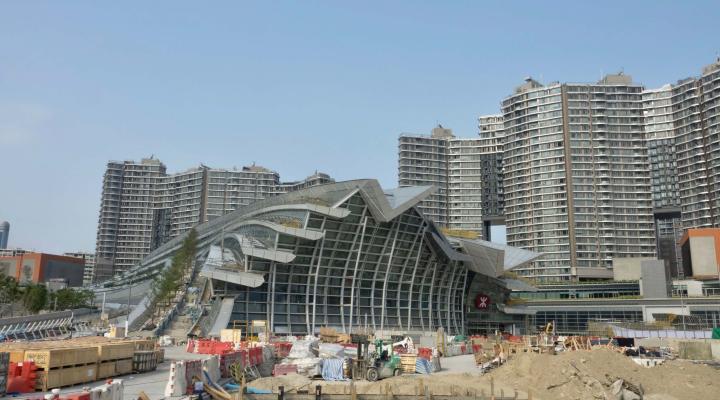Megaprojects need to have modularity in design and speed in delivery if they are to succeed.
This is especially important in the face of the climate crisis because many climate projects overlook this crucial insight, placing humankind at fatal risk of not meeting its 2030 and 2050 climate goals.
Why do so many megaprojects fail?
While many megaprojects tend toward systemic failure as measured against key performance indicators of project cost, timeliness and ultimate ROI, some notable projects do succeed. Take for instance the expansion of the Madrid Metro. From its inception, the project took a different approach; it had a focus on speedy delivery which led to re-imagining the way tunnels and stations had traditionally been built. Combine this with every station following a modular design, emphasising the functional over the bespoke, and you have a megaproject that is fit-for-purpose and has beaten industry averages for built cost and completion time.
If a project can be delivered fast in a modular manner, enabling experimentation and learning along the way, it is likely to succeed.
If all megaprojects across the world followed the Madrid Metro example, and reduced cost by 50% through a strictly modular approach, it could generate global savings of around £4 trillion a year; equal to the gross domestic product of Japan.
The creation of the Channel Tunnel between the UK and France in the 1990’s is one example of how a lack of modularity and speed has led to huge losses for the megaproject and the British economy. Over 30 years later, the custom-made project is still unlikely to reach economic viability in the near future, despite being operational for decades. The tailor-made design resulted in large cost overruns which, together with passenger shortfalls, are to blame for its failings. The loss to the British economy alone has been estimated at $17.8 billion, with a rate of return on the venture of negative 14.5%.
Lessons from the pandemic
The increased risk of a long build time becomes progressively apparent due to the lengthy nature of megaprojects. Forecasting likelihoods beyond a year can make predictions inaccurate, the Covid-19 pandemic being one example of a huge risk that those planning megaprojects during the last decades will not have foreseen, for instance Tokyo 2020.
The Channel Tunnel megaproject was also hit hard in 2020 by Covid-19. The passenger numbers were at an all-time low, forcing insolvency yet again. This further dimmed the prospects of the tunnel’s ever becoming viable as a business and of having a net positive impact on Britain and France in wider economic terms.

Considering these factors we know that if major pandemics occur once every century and a megaproject takes 10-15 years to complete, as is common, then the risk of a pandemic during any one project is 10-15%, which is unacceptably high. Instead, if you redesign delivery to take 3 years, like in Madrid, then your risk is 3%, which is palatable.
Keep it short. It's the key to success in any megaproject, and especially for projects aimed at tackling the climate crisis.
My advice to anyone planning a big project is to follow the example of Madrid's metro. Where you can, pick basic technologies that lend themselves to modularity and replicability. Where that’s difficult, try to apply regular, tested technologies in innovative, modular ways so that you can learn as you go, driving down cost and accelerating speed with every iteration. If this approach can be effective with something as difficult and necessarily bespoke as digging a subway under a city, it can work for almost any project. Your imagination will be the main obstacle, and you will need to think in unorthodox ways.
Major programme management teaching at Oxford Saïd
Strategic project management is getting ever more complex. Saïd Business School has built up significant expertise and research insights in the planning and delivery of major programmes over many years. Follow the links below to find out more about the different programmes we teach here at our School.




